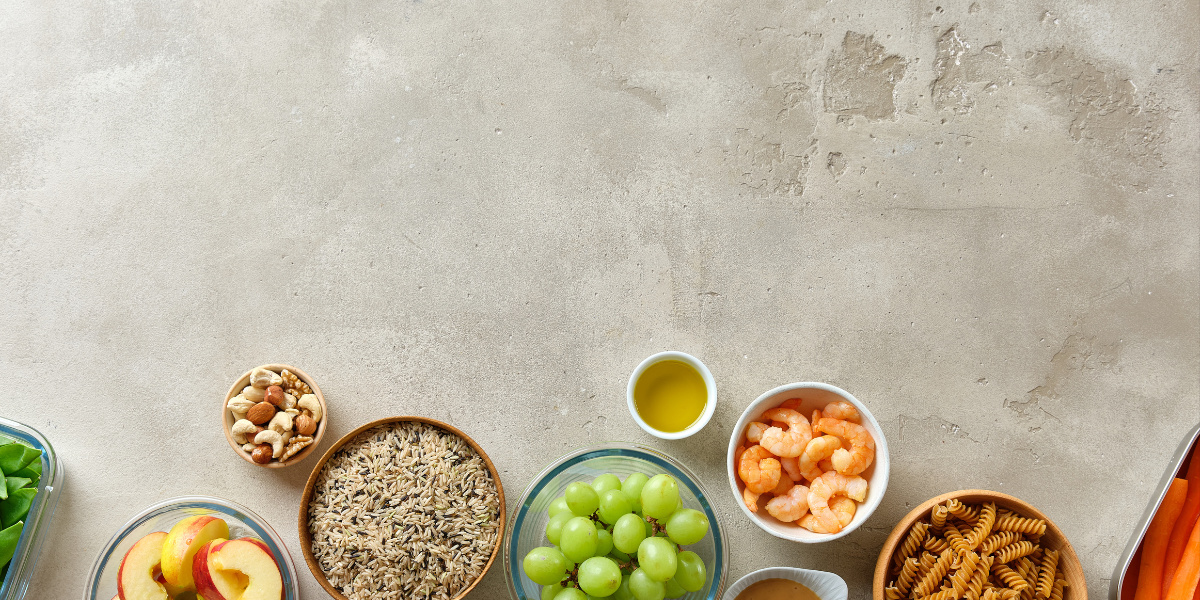
A Complete Guide to Meal Prepping for a Healthier Lifestyle in 2025
Health and Beauty 💆♀️ 2025-05-01 5 minutes to readMeal prepping has become an integral part of maintaining a healthy lifestyle for many individuals around the globe. As we navigate through 2025, advancements in food science, technology, and lifestyle management have made meal prepping more accessible and efficient than ever before. This guide delves into the nuances of meal prepping, offering insights, strategies, and tips for anyone looking to embrace this approach, ensuring not only convenience but also a nutritious diet.
Understanding Meal Prepping
Meal prepping involves planning and preparing meals in advance, typically for an entire week. It helps streamline mealtime, saves time, reduces waste, and can improve dietary adherence. With the busy lifestyles expected in 2025, meal prepping is more relevant as it accommodates hectic schedules without compromising nutritional needs.
Benefits of Meal Prepping
- Time Efficiency: Prepping meals saves daily cooking time.
- Cost-Effective: Buying ingredients in bulk can lead to economical meal solutions.
- Reduces Food Waste: Planning helps utilize ingredients more efficiently.
- Encourages Healthy Eating: Preparing meals at home allows better control over nutrients and portion sizes.
- Stress Reduction: Knowing meals are prepared can alleviate mealtime anxiety.
How to Choose the Right Meal Prepping Method
There are several approaches to meal prepping, each catering to different needs and lifestyles. Understanding these can help in selecting the most suitable method.
Batch Cooking
This involves cooking large quantities of a single recipe and dividing portions for meals throughout the week.
- Best for: Families or individuals with preference for consistency.
- Tip: Choose recipes that reheat well and maintain quality over time, like soups, stews, and casseroles.
Individual Meal Portions
Preparing full courses in individual containers that can easily be consumed during lunch or dinner.
- Best for: People who enjoy variety.
- Tip: Have a rotating menu to avoid repetition while ensuring balanced nutrition.
Ingredient Prep
Focusing on readying the components of meals separately to be combined when needed.
- Best for: Those who prefer fresh-cooked meals.
- Tip: Pre-chop vegetables and marinate proteins for quick cooking.
Maintenance and Ownership Costs
Meal prepping requires minimal continuous investment once the initial setup is complete, but it does come with some ongoing considerations.
Kitchen Equipment
While most households may already have necessary items such as pots, pans, and utensils, specific items like multi-compartment containers and quality knives may aid in efficiency.
Storage Solutions
- Containers: Opt for durable, stackable containers that are microwave and dishwasher safe.
- Labels: Use freezer-safe labels to organize and date meals.
Energy Consumption
Cooking in bulk can result in an increase in initial energy usage, however, it is offset by the reduced frequency of daily cooking heating.
Closing Thoughts on Meal Prepping
Implementing meal prepping into your 2025 lifestyle can lead to improved health outcomes, more quality time, and reduced financial strain. By choosing the plan that best suits individual preferences, utilizing innovative tools, and sticking to a routine, meal prepping can transform everyday life.
Key Tips for Success
- Plan Ahead: Dedicate time weekly to plan meals, considering dietary restrictions and nutritional balance.
- Stay Organized: Maintain a shopping list and take inventory of ingredients regularly.
- Be Flexible: Allow room for adjustments based on changes in appetite or schedule.
- Rotate Meals: Keep meals exciting by rotating recipes periodically.
Meal prepping represents a strategic approach to maintaining a healthy lifestyle in 2025, allowing for convenience, cost efficiency, and nutrition optimization. Choosing the right method from batch cooking, individual meal portions, or ingredient prep can personalize this practice to fit any lifestyle. Despite minimal ongoing costs, the benefits of a well-organized meal prep routine – including time savings, reduced stress, and improved eating habits – are substantial. Remember to plan, organize, and keep variety in your meals to achieve the best results.
